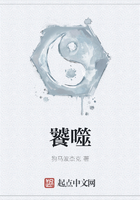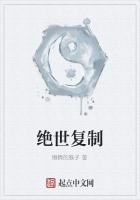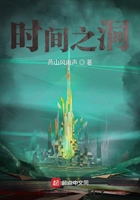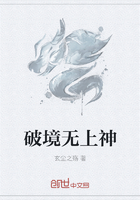My reflections were not pleasant. I had got down too far below the surface, and had the naked feeling you get in a dream when you think you have gone to the theatre in your nightgown. I had had three names in two days, and as many characters. I felt as if I had no home or position anywhere, and was only a stray dog with everybody's hand and foot against me. It was an ugly sensation, and it was not redeemed by any acute fear or any knowledge of being mixed up in some desperate drama. I knew I could easily go on to Edinburgh, and when the police made trouble, as they would, a wire to Scotland Yard would settle matters in a couple of hours.
There wasn't a suspicion of bodily danger to restore my dignity.
The worst that could happen would be that Ivery would hear of my being befriended by the authorities, and the part I had settled to play would be impossible. He would certainly hear. I had the greatest respect for his intelligence service.
Yet that was bad enough. So far I had done well. I had put Gresson off the scent. I had found out what Bullivant wanted to know, and I had only to return unostentatiously to London to have won out on the game. I told myself all that, but it didn't cheer my spirits. I was feeling mean and hunted and very cold about the feet.
But I have a tough knuckle of obstinacy in me which makes me unwilling to give up a thing till I am fairly choked off it. The chances were badly against me. The Scottish police were actively interested in my movements and would be ready to welcome me at my journey's end. I had ruined my hat, and my clothes, as Amos had observed, were not respectable. I had got rid of a four-days'
beard the night before, but had cut myself in the process, and what with my weather-beaten face and tangled hair looked liker a tinker than a decent bagman. I thought with longing of my portmanteau in the Pentland Hotel, Edinburgh, and the neat blue serge suit and the clean linen that reposed in it. It was no case for a subtle game, for I held no cards. Still I was determined not to chuck in my hand till I was forced to. If the train stopped anywhere I would get out, and trust to my own wits and the standing luck of the British Army for the rest.
The chance came just after dawn, when we halted at a little junction. I got up yawning and tried to open the door, till Iremembered it was locked. Thereupon I stuck my legs out of the window on the side away from the platform, and was immediately seized upon by a sleepy Seaforth who thought I contemplated suicide.
'Let me go,' I said. 'I'll be back in a jiffy.'
'Let him gang, jock,' said another voice. 'Ye ken what a man's like when he's been on the bash. The cauld air'll sober him.'
I was released, and after some gymnastics dropped on the metals and made my way round the rear of the train. As I clambered on the platform it began to move, and a face looked out of one of the back carriages. It was Linklater and he recognized me. He tried to get out, but the door was promptly slammed by an indignant porter. I heard him protest, and he kept his head out till the train went round the curve. That cooked my goose all right. He would wire to the police from the next station.
Meantime in that clean, bare, chilly place there was only one traveller. He was a slim young man, with a kit-bag and a gun-case.
His clothes were beautiful, a green Homburg hat, a smart green tweed overcoat, and boots as brightly polished as a horse chestnut.
I caught his profile as he gave up his ticket and to my amazement Irecognized it.
The station-master looked askance at me as I presented myself, dilapidated and dishevelled, to the official gaze. I tried to speak in a tone of authority.
'Who is the man who has just gone out?'
'Whaur's your ticket?'
'I had no time to get one at Muirtown, and as you see I have left my luggage behind me. Take it out of that pound and I'll come back for the change. I want to know if that was Sir Archibald Roylance.'
He looked suspiciously at the note. 'I think that's the name. He's a captain up at the Fleein' School. What was ye wantin' with him?'
I charged through the booking-office and found my man about to enter a big grey motor-car.
'Archie,' I cried and beat him on the shoulders.
He turned round sharply. 'What the devil -! Who are you?'
And then recognition crept into his face and he gave a joyous shout. 'My holy aunt! The General disguised as Charlie Chaplin! Can I drive you anywhere, sir?'















